Orchestrating the Genome: Final Thoughts for #HumanGenomeMonth
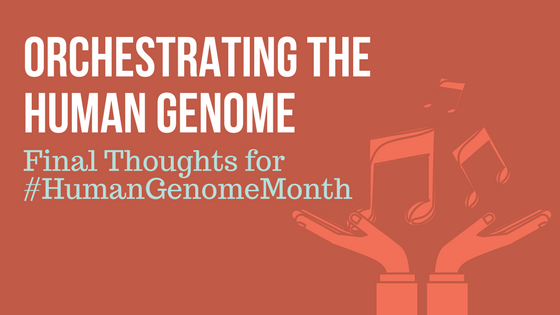
Recently I wrote about the completion of the human genome sequencing project and the promise, problems and questions that the project has generated in the last decade and a half. One of the biggest realizations that I had from researching and writing that post is that our human genome makes us more alike than different at the […]
This Week in Forensic Science

No one has hours to scour the papers to keep up with the latest news, so we’ve curated the top news stories in the field of Forensic Science for this week. Here’s what you need to know to get out the door! Breakthrough in Forensics to Hand Investigators a New Tool in Fight Against […]
The Age of the Genome: Commercial DNA Sequencing, Familial Searching and What We Are Learning
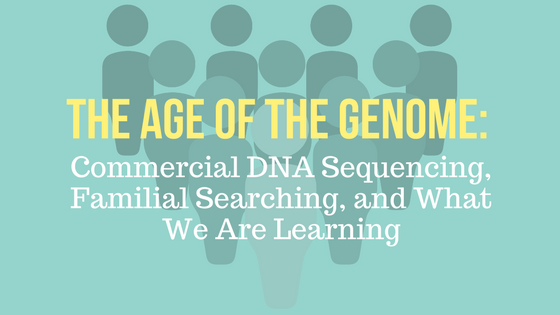
There are 3 billion (3,000,000,000) bases in my genome—in each of the cells of my body. Likewise, Johanna, the writer who sits next to me at work also has 3 billion bases in her genome. Furthermore, our genomes are 99% the same. Still, that’s a lot of places where my genome can differ from hers, […]
This Week in Forensic Science

No one has hours to scour the papers to keep up with the latest news, so we’ve curated the top news stories in the field of Forensic Science for this week. Here’s what you need to know to get out the door! The Rape Kit Backlog Shows Exactly How We Regard Women in This […]
Emoji in the Courtroom? How Technology is Creating New Challenges
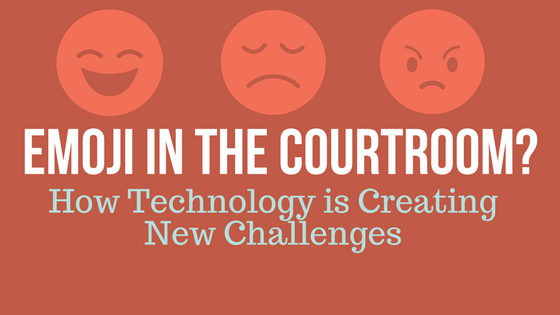
According to TechCrunch, the average person spent 300 minutes per day on their smartphone in 2017. Beyond that, over 1,661 billion text messages were sent in 2016 in the US alone. With these numbers increasing, it’s no wonder that communication has changed over the years. Less face to face communication has led to an increase […]
This Week in Forensic Science

No one has hours to scour the papers to keep up with the latest news, so we’ve curated the top news stories in the field of Forensic Science for this week. Here’s what you need to know to get out the door! European Team Presents Forensic Software for 3-D Crime Reconstructions (Forensic Magazine – 4/6/2018) […]
How a Magazine Ad Helped Convict a Rapist
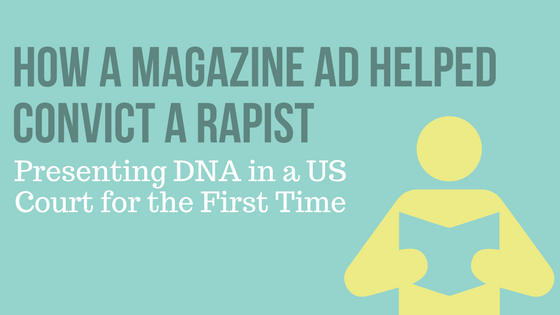
In May of 1986, a woman in Orange County, Florida, was surprised by a man who entered her apartment and raped her at knifepoint. Despite the fact that she got a glimpse of his face, the chances of identifying and convicting her rapist were slim. Although law enforcement officers did their best to identify the […]
Matching a Suspect to a Crime Scene Using Molecular and Microbial Traces
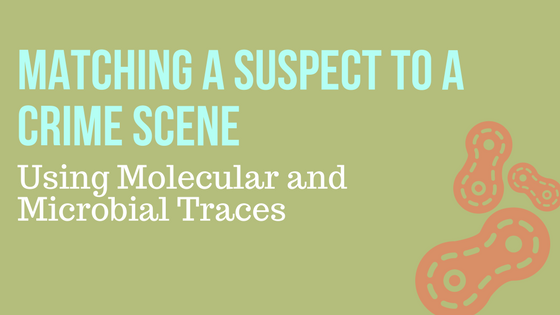
If we know that humans leave behind chemical and microbial traces in an environment, and we also know that these traces are unique to each human based on their lifestyle choices, could we then determine which human had interacted with an environment? If so, this would have tremendous impacts for forensic science. Imagine being able […]
This Week in Forensic Science

No one has hours to scour the papers to keep up with the latest news, so we’ve curated the top news stories in the field of Forensic Science for this week. Here’s what you need to know to get out the door! Internet Sleuths, DNA Link John Doe to Northern New Mexico (Santa Fe New […]
